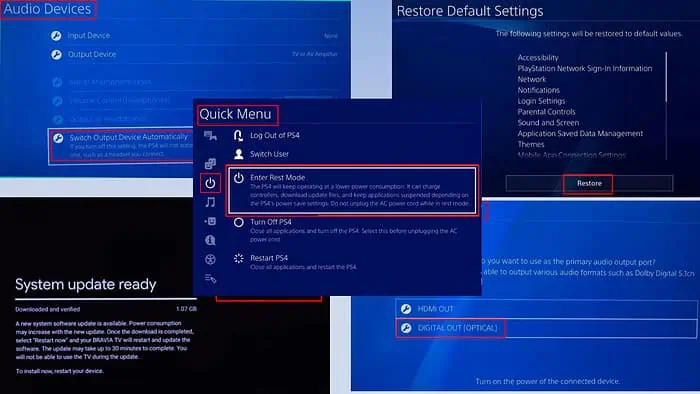
Visitors to Hankyu Department Store's Umeda main store in Osaka check fashion items at Shinsegae Hyper Ground's pop-up store, Friday. Courtesy of Shinsagae Department Store Shinsegae, Hyundai, Lotte launch pop-ups in overseas malls By Ko Dong-hwan Visitors to Shibuya PARCO in Tokyo wait to enter Hyundai Global Pop-up Store, June 12. Courtesy of Hyundai Department Store The three largest department store operators in Korea — Shinsegae, Hyundai and Lotte — are venturing into international markets to counteract declining sales at home, according to company officials.
The so-called "Big Three" are banking on the global popularity of Korean products, mostly in the fashion and beauty industries. While an increasing number of domestic consumers are tightening wallets due to rising prices, the reputation of Korean brands has broadened global market opportunities for the Korean premium retailers. Shinsegae is using its business-to-business (B2B) platform Hyper Ground to bridge Korean companies with the Japanese market.
The platform on Wednesday started launching pop-up stores for 14 Korean fashion companies inside Hankyu Department Store’s Umeda main store in Osaka. The relay pop-ups for the companies run until December. The Umeda campaign comes after Shinsegae launched Korean pop-ups at the Tranoi fashion show in Paris and Siam Discovery shopping mall in Bangkok last year.
The company said it will later launch pop-ups in the United States and Europe to expand its overseas markets. “Under our B2B platform, we’re connecting Korean small- and medium-size fashion companies with overseas markets by supporting them with legal procedures in contract signing, cross-border customs and logistics,” a Shinsegae official said. Hyundai is also actively managing pop-up operations in Japan.
The Hyundai Global Pop-up Store, located at the Shibuya PARCO Department Store in Tokyo, started showcasing Korean fashion brands earlier this month for a campaign lasting until December. The pop-up previously registered 3 billion won ($2.2 million) in sales during its first campaign from May to July, surpassing its performance goal by 150 percent and making record-high sales at the department store.
Lotte Mall West Lake Hanoi in Vietnam / Courtesy of Lotte Department Store Hyundai last month signed a partnership with Hankyu Department Store for affiliated services for their VIP customers. The Korean company in February agreed with Siam Piwat Group, a major retail company in Thailand, to launch Korean brands in Thai department stores run by the group. Hyundai said it also plans to sign more partnerships with department stores in China, Vietnam, Hong Kong and Europe.
Lotte has seen a surge in visitors to its Lotte Mall West Lake Hanoi in Vietnam. Since its opening in September 2023, the mall has introduced over 30 Korean brands through pop-up stores, attracting a cumulative total of 10 million visitors last month. Lotte Shopping Avenue in Jakarta, Indonesia, is also evolving its offerings.
Since opening in 2013, the mall has begun expanding its selection of Korean brands, a trend that gained momentum in 2022 with the rising global popularity of Korean culture. The company plans to allocate nearly 2,000 square meters of space within the Jakarta mall for new Korean brands starting next year. The Korean department stores’ overseas market expansion hits a note with the Korean beauty and fashion industry seeing rising sales in Japan, Southeast Asia and the United States.
In the third-quarter report from Qoo10 Japan, an online platform run by eBay Japan, 79 out of Top 100 products were Korean. Another third-quarter report by Musinsa, a Korean platform for small- and medium-size fashion companies, showed its exports doubled from last year and sales in Japan jumped by 120 percent year-on-year. “Domestic retail markets pose significant challenges to local companies due to declining sales, prompting these businesses to urgently pursue expansion into international markets,” an industry official said.
.














